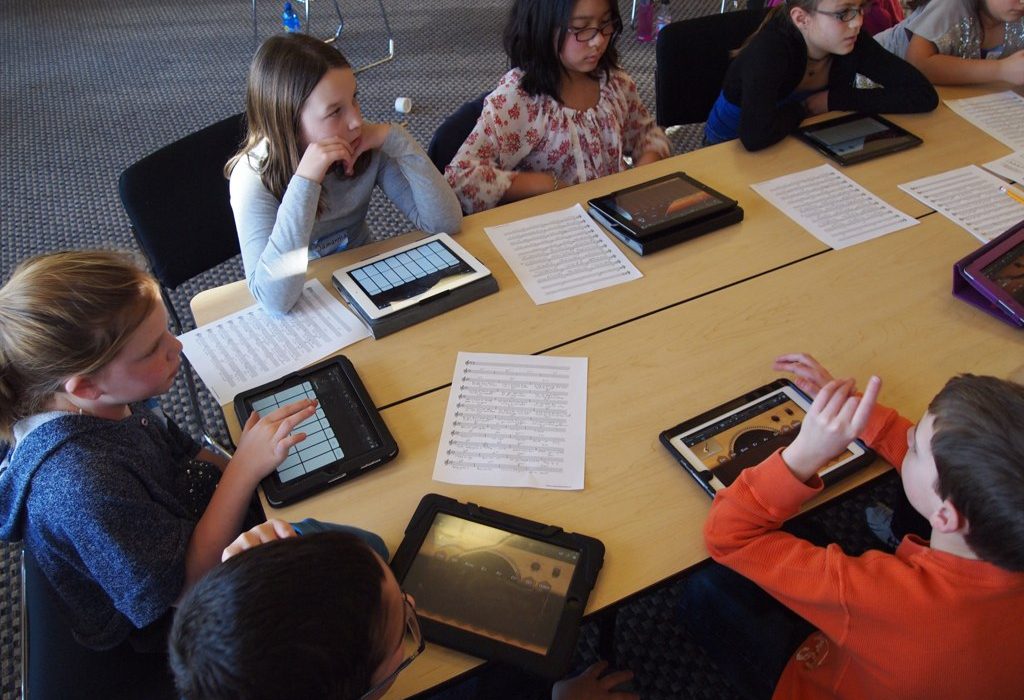Search Global Kids Online
-
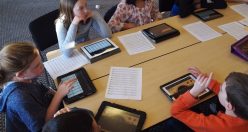
Recognising online hurtful behaviour among peers
17th November 2017
Global Kids Online examines a wide set of hurtful behaviours that children encounter online alongside the opportunities that the internet affords. Our approach recognises the connections between online and offline experiences and avoids the assumption that all online risks are inherently harmful. This research brief summarises key comparative findings on hurtful behaviour amongst peers.
-
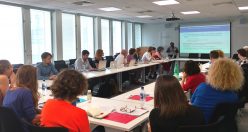
Working on knowledge exchange and impact
22nd September 2017
The LSE Department of Media and Communications and UNICEF Office of Research – Innocenti recently hosted a meeting of the Global Kids Online network which offered an opportunity for researchers from Africa, Asia, Europe, and South America to discuss research dissemination challenges and share local experiences of working effectively with stakeholders to maximise research impact.
-
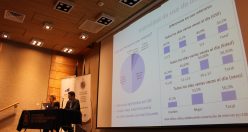
Global Kids Online Chile
11th July 2017
Patricio Cabello (Universidad de Chile) and Magdalena Claro (Pontificia Universidad Católica de Chile) in collaboration with Ipsos Chile carried out a national representative survey of children in Chile and their internet use. The research explored the online practices, opportunities, and digital skills that children have, as well as the risks they face and the support offered by parents and educators.
-
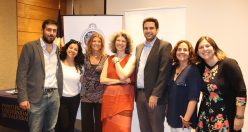
Chile: a third of children do not use the internet at school
28th April 2017
A two-day conference on ‘The Challenges of a Digital Society’ was held in Santiago earlier this month where the Global Kids Online team in Chile launched the new findings from a representative survey on children’s internet use. The study of 1,000 children aged 9 to 17 years found that a third of them do not use the internet at school.
-
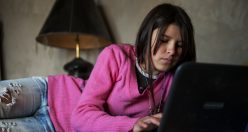
Latin America Kids Online
20th October 2016
The Latin America Kids Online network works in partnership with Global Kids Online and the EU Kids Online network. It seeks to enhance knowledge of Latin American children’s online access, opportunities, risks and safety. It uses multiple methods to map children’s and parents’ experience of the internet, in dialogue with national and Latin American policy stakeholders.
Popular tags


